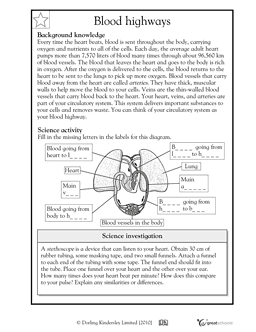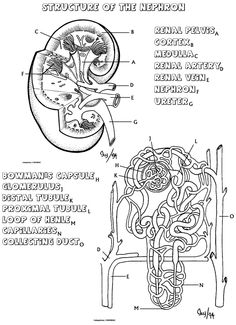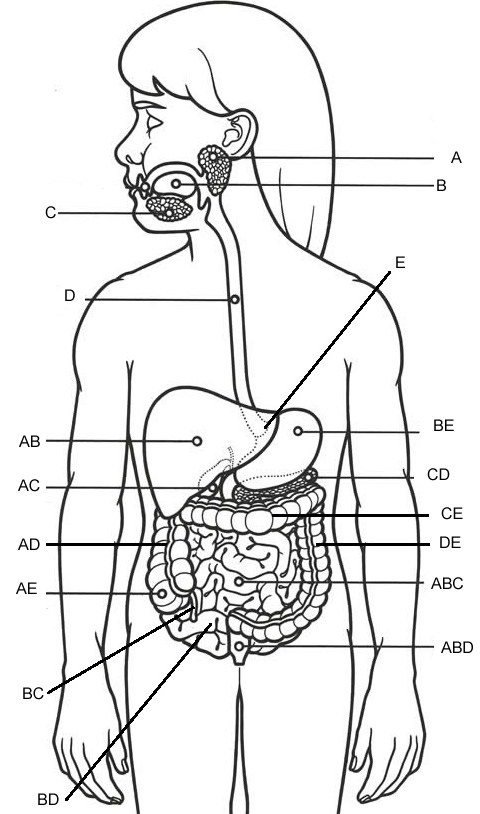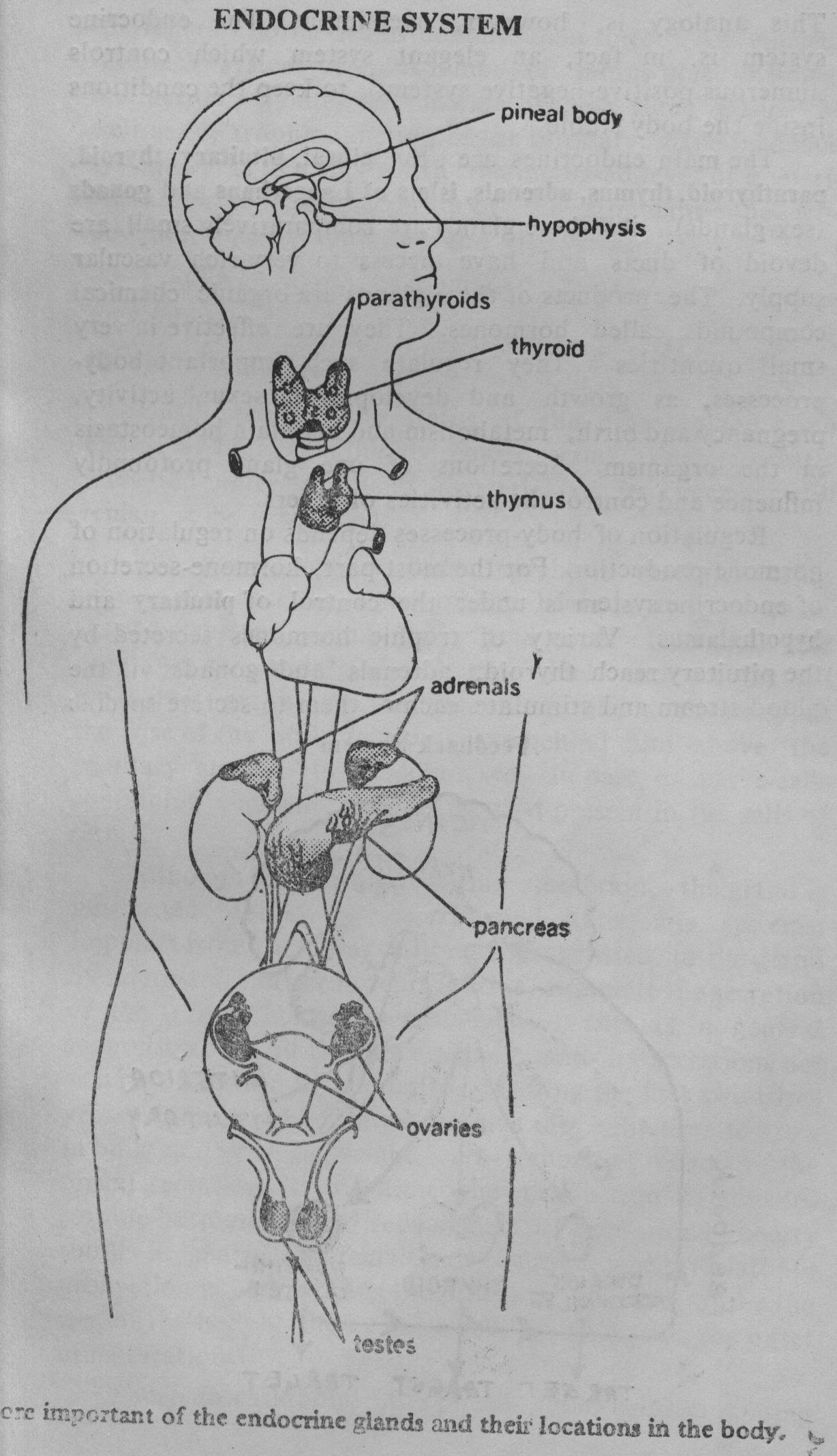Urinary System Worksheets with Answers
The urinary system worksheets provide a comprehensive way for students to explore and understand the intricate workings of the human body's excretory system. Through a series of structured activities and questions, these worksheets aim to help students grasp the essential concepts and functions of the urinary system. With clear explanations and answer keys included, these worksheets are ideal for educators seeking a valuable resource to engage their students in learning about the fascinating world of the human urinary system.
Table of Images 👆
More Other Worksheets
Kindergarten Worksheet My RoomSpanish Verb Worksheets
Cooking Vocabulary Worksheet
DNA Code Worksheet
Meiosis Worksheet Answer Key
Art Handouts and Worksheets
7 Elements of Art Worksheets
All Amendment Worksheet
Symmetry Art Worksheets
Daily Meal Planning Worksheet
What is the main function of the urinary system?
The main function of the urinary system is to eliminate waste products and excess substances from the body, regulate blood volume and pressure, control levels of electrolytes and metabolites, and maintain the pH balance of the blood. This is primarily done through the formation, storage, and excretion of urine by the kidneys, with the help of the ureters, bladder, and urethra.
How does the urinary system maintain fluid balance in the body?
The urinary system helps maintain fluid balance in the body by regulating the amount of water excreted through urine. The kidneys filter the blood to remove waste products and excess fluids, adjusting the volume and concentration of urine based on the body's hydration status. Hormones such as antidiuretic hormone (ADH) help the kidneys retain water when the body is dehydrated, while aldosterone regulates the reabsorption of sodium and water to maintain fluid balance. This process ensures that the body maintains proper hydration levels and eliminates excess water or waste as needed.
What are the two primary organs of the urinary system?
The two primary organs of the urinary system are the kidneys and the bladder. The kidneys filter waste products and excess substances from the blood to form urine, which is then stored in the bladder until it is excreted from the body.
Describe the structure and function of the kidneys.
The kidneys are bean-shaped organs located on either side of the spine, primarily responsible for filtering waste products and excess substances from the blood to form urine. They regulate the body's fluid balance, electrolyte levels, and blood pressure by reabsorbing essential substances and excreting waste products. Additionally, the kidneys produce hormones that help regulate blood pressure and red blood cell production. Overall, the kidneys play a crucial role in maintaining the body's internal environment and overall health.
What is the role of the ureters in the urinary system?
The role of the ureters in the urinary system is to transport urine from the kidneys to the urinary bladder. These muscular tubes ensure the one-way flow of urine by peristalsis, a series of rhythmic contractions that move the urine towards the bladder. By doing so, the ureters help maintain proper kidney function and prevent the backflow of urine into the kidneys, ultimately facilitating the elimination of waste and excess fluids from the body.
Explain the function of the urinary bladder.
The urinary bladder is a hollow muscular organ in the pelvic area that stores urine produced by the kidneys until it is ready to be excreted from the body through the urethra. It serves as a reservoir for the urine, allowing for voluntary control over when it is released. The bladder expands as it fills with urine and contracts to facilitate the expulsion of urine during urination. Its main function is to store and temporarily hold urine to maintain proper fluid balance in the body and eliminate waste products.
What is the purpose of the urethra in the urinary system?
The purpose of the urethra in the urinary system is to carry urine from the bladder to the outside of the body for elimination. The urethra serves as a pathway for urine to exit the body, allowing for the excretion of waste and helping to maintain proper fluid balance within the body.
How does the urinary system help regulate blood pressure?
The urinary system helps regulate blood pressure through the renin-angiotensin-aldosterone system. When blood pressure drops, special cells in the kidneys release an enzyme called renin, which triggers a series of reactions leading to the production of angiotensin II. Angiotensin II causes blood vessels to constrict, increasing blood pressure. It also signals the release of aldosterone, a hormone that helps the kidneys retain sodium and water, leading to an increase in blood volume and, consequently, blood pressure. This intricate system helps maintain blood pressure within a healthy range.
Describe the process of urine formation in the kidneys.
Urine formation in the kidneys starts with filtration of blood through the glomerulus, where water, ions, and waste products are pushed into the Bowman's capsule. This fluid then moves through the renal tubules, where reabsorption of essential substances occurs, and secretion of excess ions and waste products takes place. The final concentrated urine is collected in the renal pelvis and then transported to the bladder through the ureter for storage and eventual excretion.
What are some common disorders or diseases that can affect the urinary system?
Some common disorders or diseases that can affect the urinary system include urinary tract infections (UTIs), kidney stones, urinary incontinence, kidney disease, kidney failure, interstitial cystitis, and bladder cancer. These conditions can lead to various symptoms such as frequent urination, pain or discomfort, blood in the urine, difficulty urinating, and in severe cases can impact overall kidney function and health.
Have something to share?
Who is Worksheeto?
At Worksheeto, we are committed to delivering an extensive and varied portfolio of superior quality worksheets, designed to address the educational demands of students, educators, and parents.
























Comments